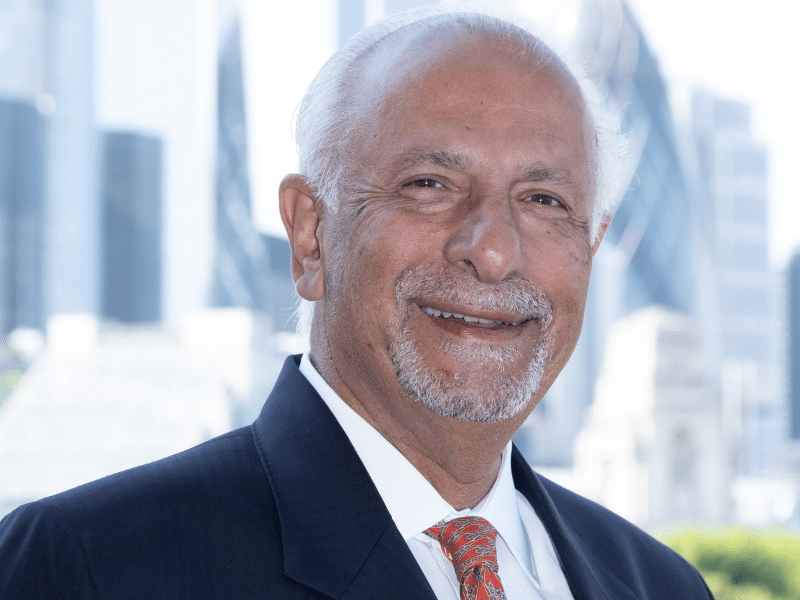 BBC News
BBC NewsBorrowing was £17.4bn last month, the second highest October figure since monthly records began in 1993.

Dinesh Dhamija
Evidence that Britain will – post-Brexit – become an outward-facing, confident, international trading nation is in short supply.
The news that the Confederation of British Industry (CBI) is to close three of its overseas offices, in Washington DC, Beijing and Delhi, in order to save costs made me wonder who on earth will deliver this brave new world.
The CBI was hit by a sexual harassment and drugs scandal in April this year, leading to the sacking of its Chief Executive and a mass desertion of members.
Doubtless, money must be saved. But closing the Delhi office seems exceptionally short-sighted. What does this decision tell current and future members about the aspirations of the CBI, turning its back on the world’s fastest-growing major economy, one with a huge wealth of historic economic connections to the UK?
Britain is potentially on the verge of a game-changing trade agreement with India, through which the UK will gain hundreds of thousands of new jobs and India as many as a million. Are the CBI’s members not interested in these rewards? Do its UK-based Indian members feel adequately represented by its London office?
After rebuffing the EU – its largest and closest market – Britain is now supposedly free to venture further afield, like a Victorian adventurer scything through virgin jungle to reach untold treasures.
In the real world, the Indian government and its booming corporations may be more interested in concluding deals in the United States, in Australia or with fellow Asian tigers than with their former colonial master, despite the many cultural links. Closing the CBI’s office will only confirm how uninterested British businesses are in engaging with Indian counterparts.
There has been a sea change in Indian economic fortunes, which British businesspeople are perhaps insufficiently aware of. While researching my latest book The Indian Century, it struck me again and again that India is no longer a supplicant in international trade, it is a pioneer and a leader.
The Indian space mission, which sent a craft to the moon this week, is one symbol of this new confidence, as is its role in the BRICS conference taking place in South Africa.
There are a hundred more such examples, from India’s transformative online payment systems to the plethora of international CEOs and political leaders of Indian heritage.
If the CBI thinks that the marginal savings from closing its Delhi office are justified, against this backdrop of the world’s most vibrant economy, then its leaders really have been taking the wrong drugs.
Dinesh Dhamija founded, built and sold online travel agency ebookers, before serving as a Member of the European Parliament. His latest book, The Indian Century, will be published later this year.